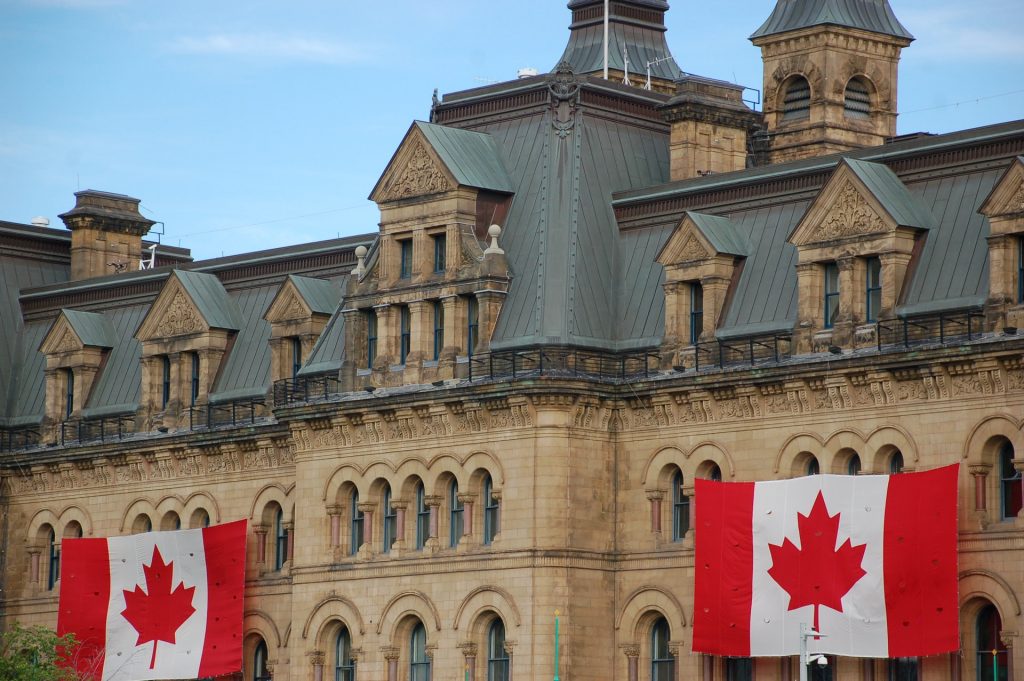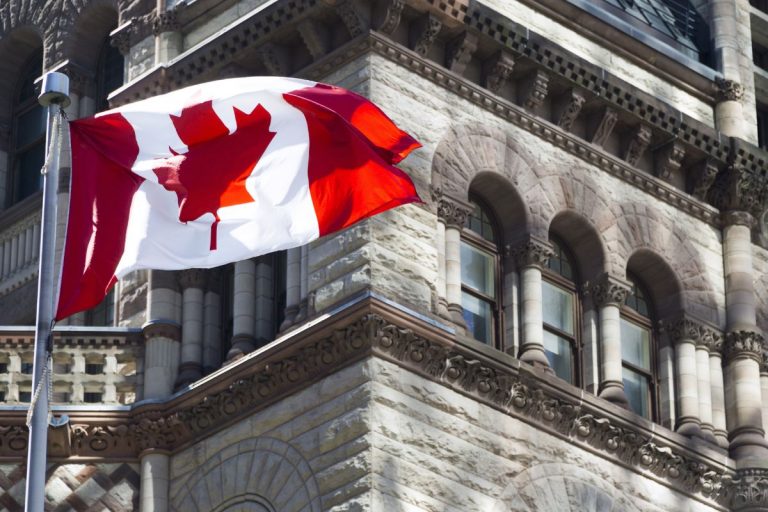The Public Health Agency of Canada advises tourists to take extra precautions when traveling abroad because of the risk of contracting monkeypox.
The country issued a travel advisory Tuesday advising travelers to Argentina, Australia, Austria, Belgium, Bolivia, the Czech Republic, Denmark, Finland, France, Germany, Hungary, Ireland, Israel, Italy, Malta, Mexico, Morocco, the Netherlands, Norway, Portugal, Slovenia, Spain, Sweden, Switzerland, the United Arab Emirates, the United Kingdom and the United States to take measures and be aware of the possibility that their return home may be delayed if they are infected.
According to the Public Health Agency of Canada, travelers at warning level 2, which is one level below the advisory to avoid nonessential travel, may be subject to measures to control the spread of monkeypox, such as isolation.
In summary, a Level 2 travel warning “indicates an increased risk to travelers or certain groups of travelers ( for example, pregnant women, campers, people visiting friends and relatives) and reminds them to practice enhanced health precautions,” the statement said.
“Those at risk in the current outbreak are those who have had close or intimate contact with a person who has monkeypox,” it adds.

Monkeypox is usually transmitted through close contact with the virus on other people or objects such as bedding. It causes symptoms such as fever, headache, muscle aches and pockmarked sores on the skin. Although the disease can be fatal, it usually is not.
According to the government, people who leave the country may have limited access to medical care if they become unwell, and there may be delays in returning home.
The Canadian government recommends travelers take the following precautions:
- Use personal protective equipment, such as masks, to minimize the spread of monkeypox.
- Postpone all travel until the risk is lower
- Avoid higher risk activities
- Carry out vaccinations recommended for specific groups
- Always wash your hands, especially after close contact with certain people
- Be careful when attending mass gatherings or parties
- Pay attention to any symptoms, such as a new skin rash

